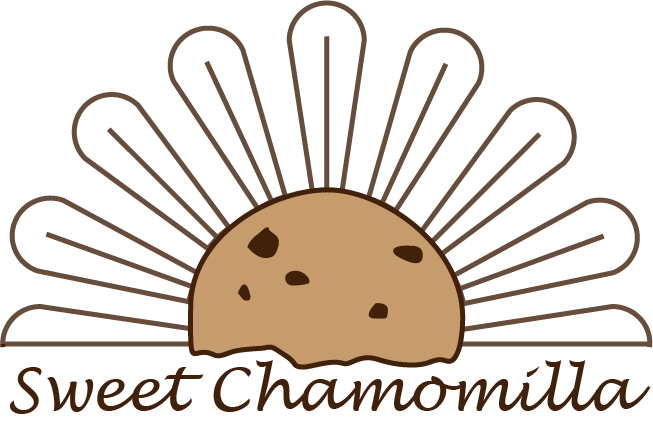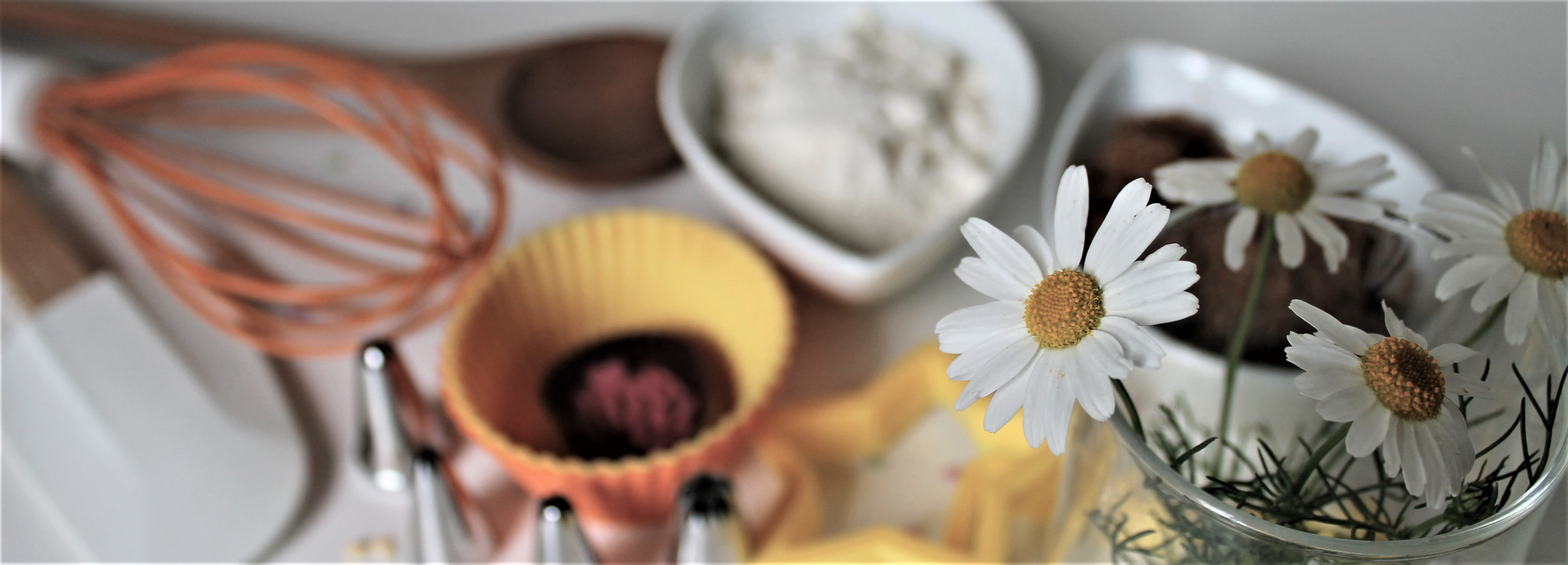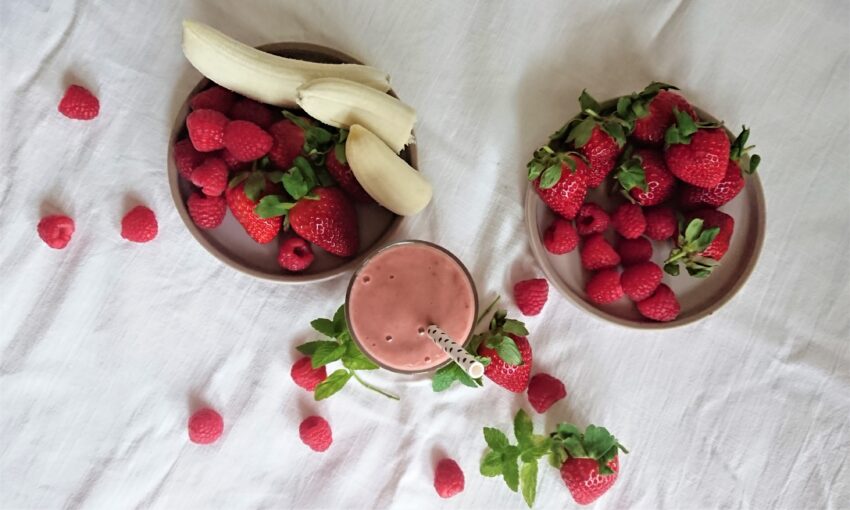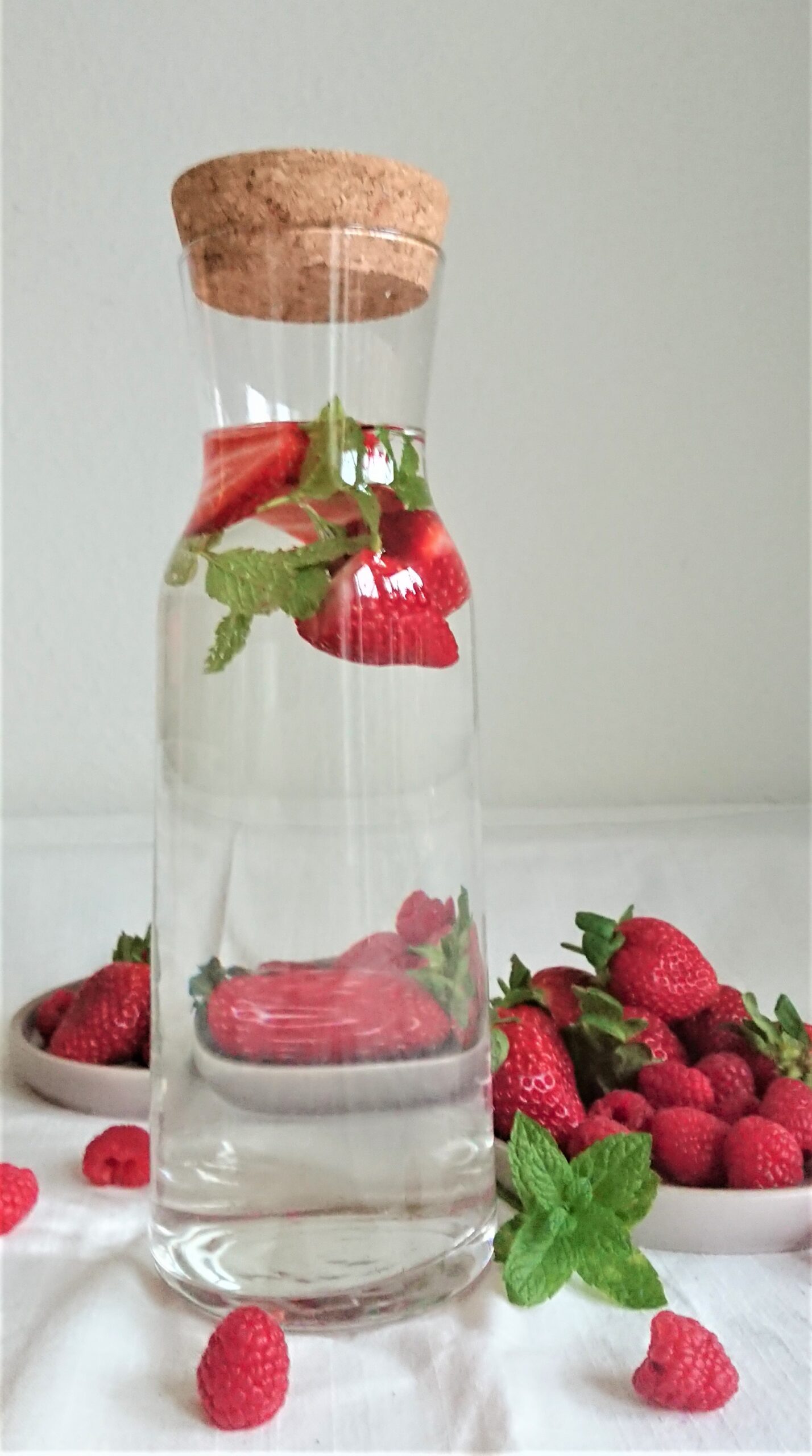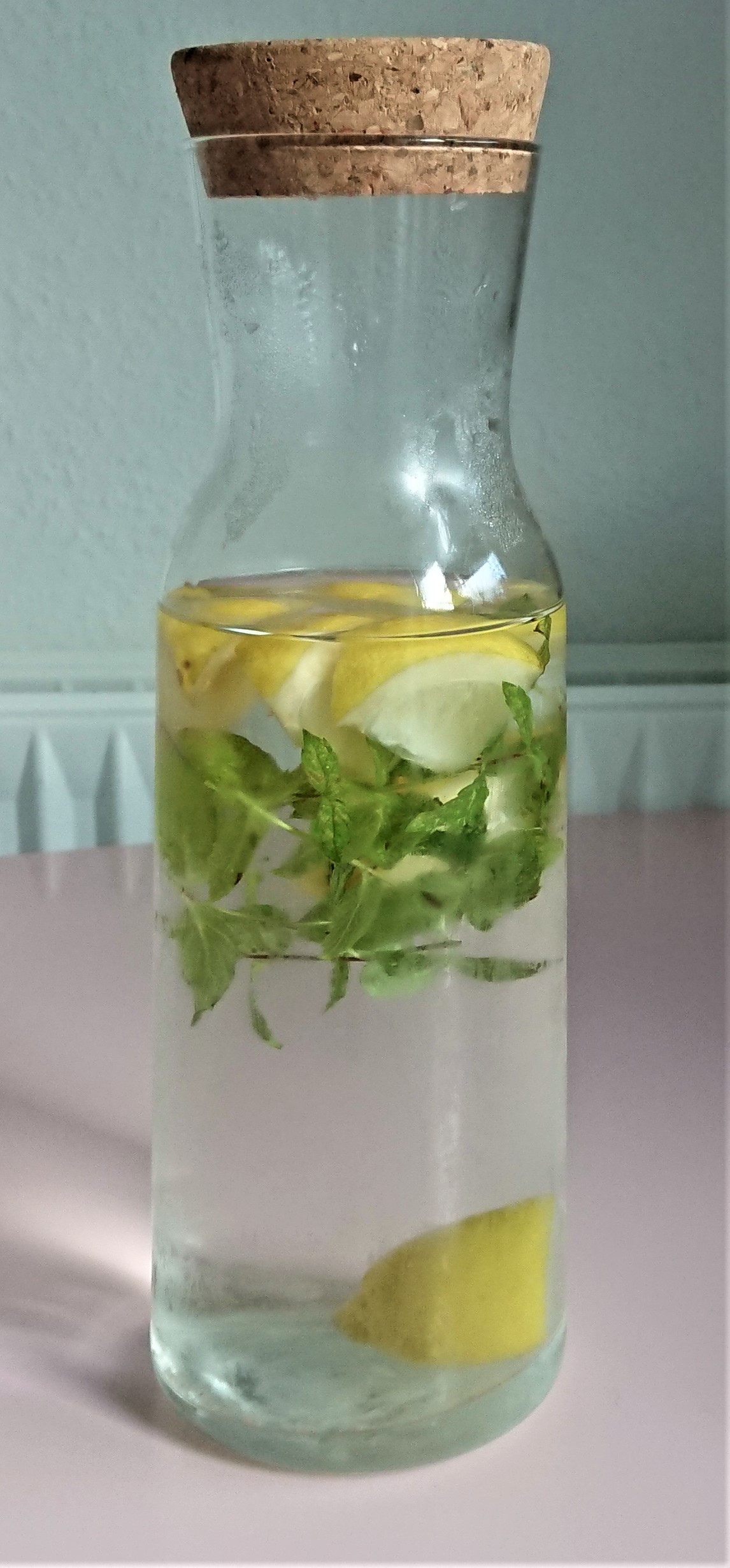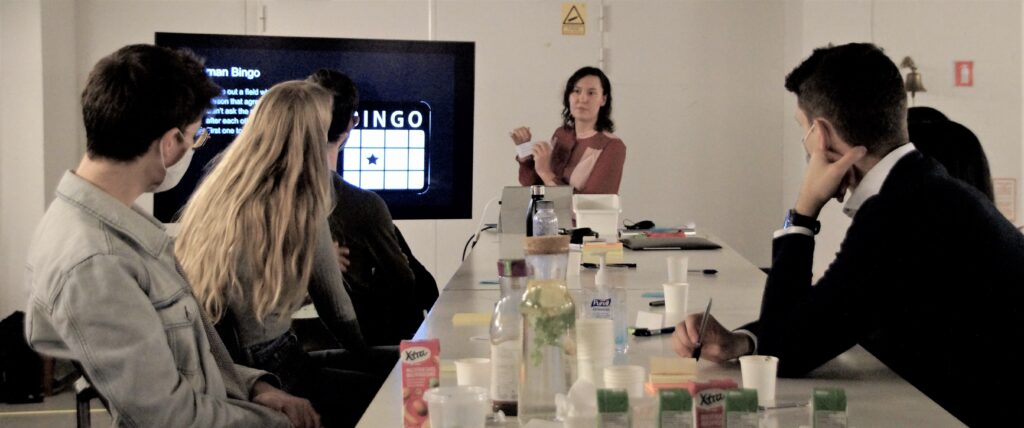
During the fall, I have been creating and managing a couple of creative workshops together with 3 other students. I was responsible for the refreshments during all 5 workshops. I have in this process acquired knowledge about what works and does not work in terms of refreshments which I’d like to share. People around the world will have different preferences regarding taste and texture and it is therefore worth mentioning that this is based on workshops in Denmark.
The workshops were designed to gather knowledge and intel from different user segment during the development of a solution for the growing gap between the younger and older generation in terms of political views, knowledge, skill set, etc.. The workshops were only 1.5 hours long with two breaks of only 5 min each. We did not know the participants very well. Consequently, the refreshments had to be:
- Fast and easy to eat
- Refreshing and not somnolent (not too much sugar or too heavy)
- Contain as few allergens as possible
One of the take away’s from the workshop was that it was beneficial to bring healthy snacks during the begning of the workshop to ensure that the participants were ready for the workshop and then finish the workshop with a more sugary and heavy snack as a “reward” for the participants’ hard work. This, however, might have to be adjusted depending on the crowd – not all participants might enjoy a green juice or a date ball.
The rest of this blog post is divided into three parts: Refreshments before the workshop starts, during the workshop, and during the breaks.
Pre-workshop Refreshments
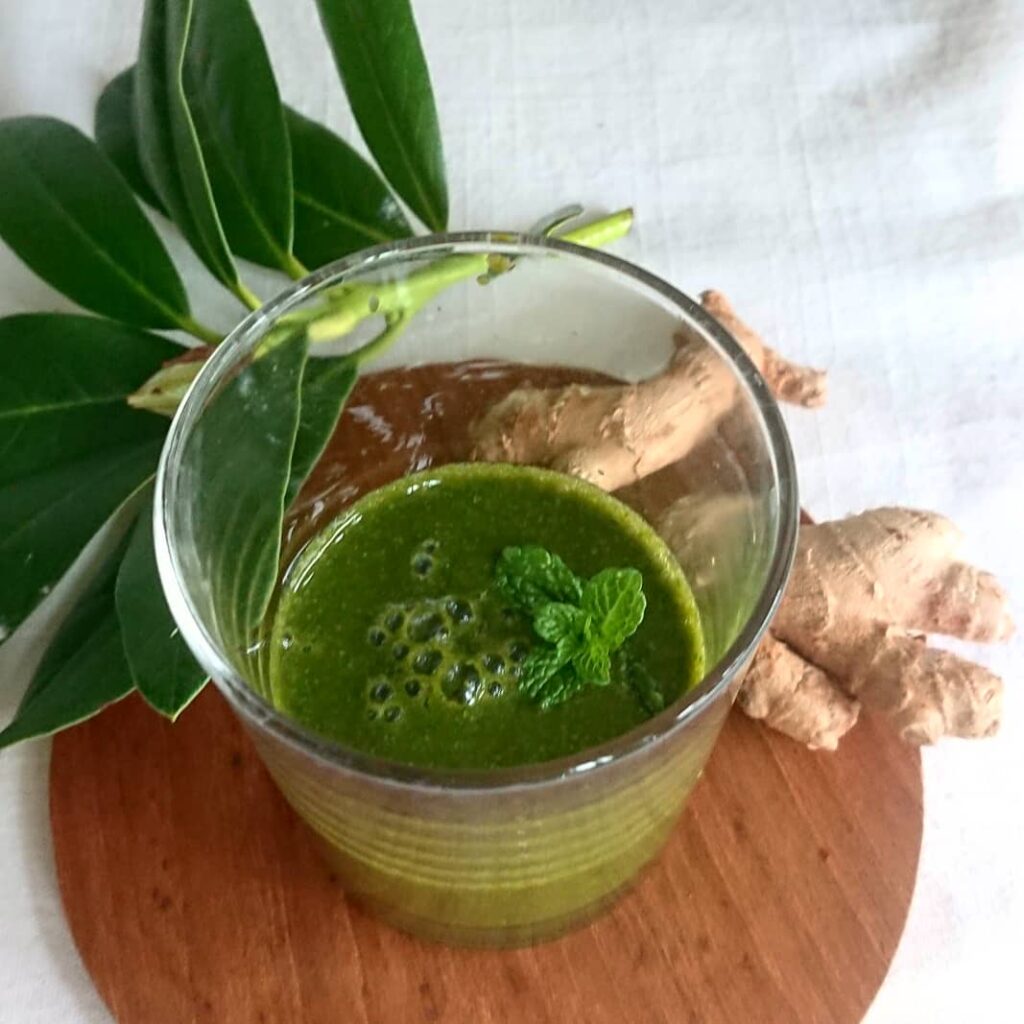
Serve green juice (store-brought or homemade) or other light refreshments before the beginning of the workshop to lighten the mood and make sure your participants have something to do while waiting.
Here are som suggestions on what to put in your green juices:
- Healthy to the max: Cale, spinach, apples, carrots (main ingredient), and ginger
- Green, but sweet: Spinach, apples (main ingredient), carrots, and ginger
- Sweet: Apple, orange (main ingredient), and carrot
Prepare the juice in small cups (and decorate with a couple of leaves of e.g. lemon balm on top).
Refreshments During The Workshop
It is a must-have to offer water. Place it someplace where the participants have access to it during the workshop, e.g. on the tables. Pep your water with e.g. slices of lemon, mint, strawberry, and/or slices of cucumber in a glass carafe.
It is also recommended to offer coffee or tea if possible.
Another possibility is to serve a cup of limonade, which is a little more sugary than water or tea. Below is a recipe on homemade limonade.
Remember to bring cups and glasses for everyone!
Refreshments During Breaks
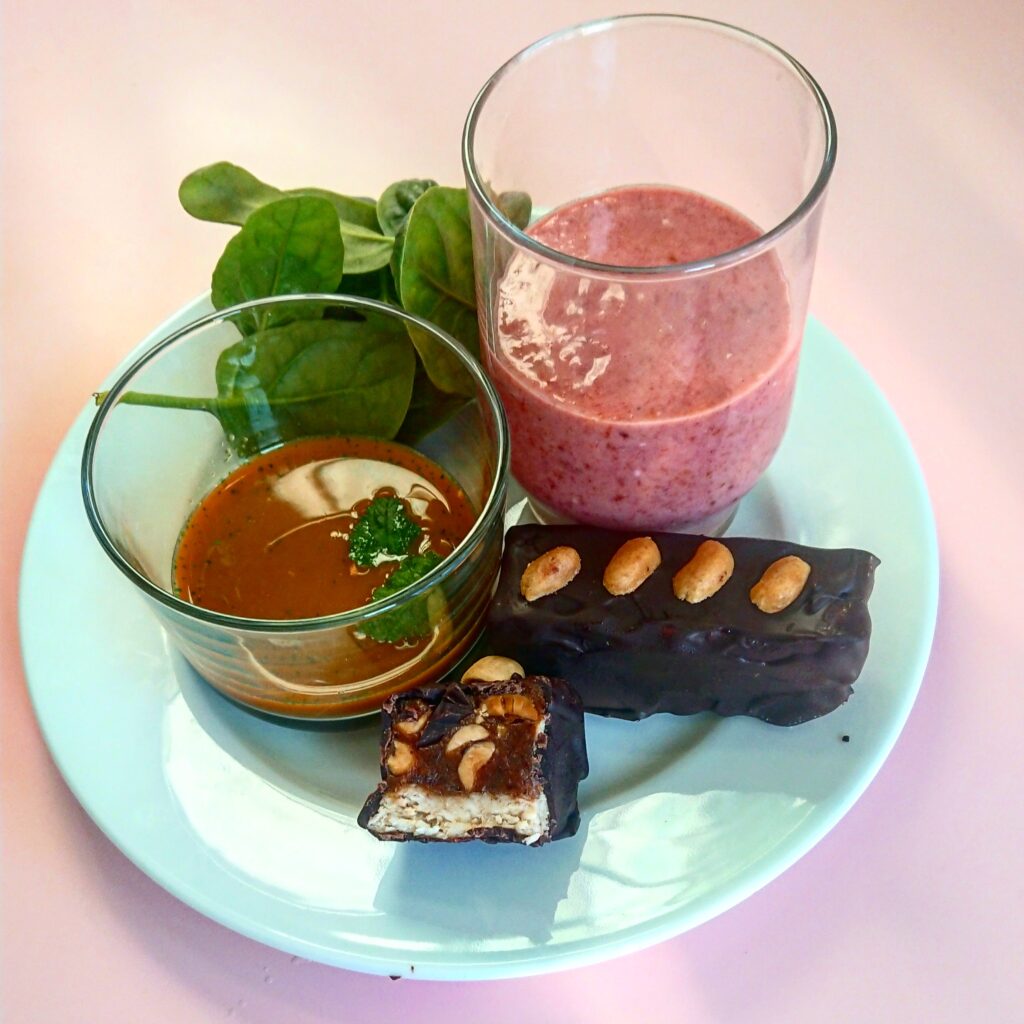
Most workshops will have one or more breaks. During this time, the participants can get some fresh air, smoke a cigaret, go to the toilet and in general rest a bit. This is a good opportunity to ensure that their energy level is kept high. Set out coffee, tea, etc. during the breaks.
Make or buy snacks for the breaks to ensure that the participants does not get hungry or run out of energy. Remember that the snacks have to be bite size and easy to eat (no table wear should be required!). The snacks also ensure that the participants have something to do in the breaks. Alternatively, snacks can also be set out during the begning of the workshop, so participants have access to them at all times – this makes more sense for long workshops where participants have time to eat during the activities.
Make sure that light snacks are provided during the first breaks (if the workshop has more than one break). One easy-to-swallow and light refreshment are smoothies. These are also very easy and fast to make: Just blend a bunch of berries together with banana and plantbased milk, and voila!
If you want a recipe, I can highly recommend this one (I’ve used it for one of my own workshops, and the participants simply loved it!):
Bitesize snacks could also be e.g. date balls. These are easy to make and can be filled with all sorts of stuff. Here’s a recipe (you don’t have to spend time decorating them). Be aware that this contains both almonds and hazelnuts, which you can replace with flour:
An example of a heavier snack, which can be served at the end of the workshop, are cookies or homemade chocolate bars. These are fast and easy to make. Examples could be hazelnut cookies or homemade snickers. Be aware that these contain nuts, so make sure your participants don’t have any allergies or serve two types of snacks.
